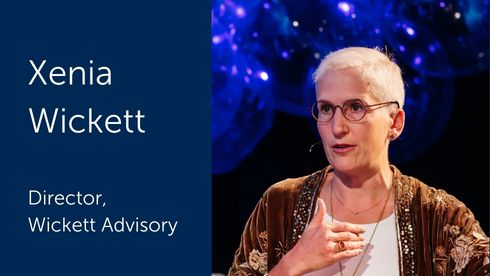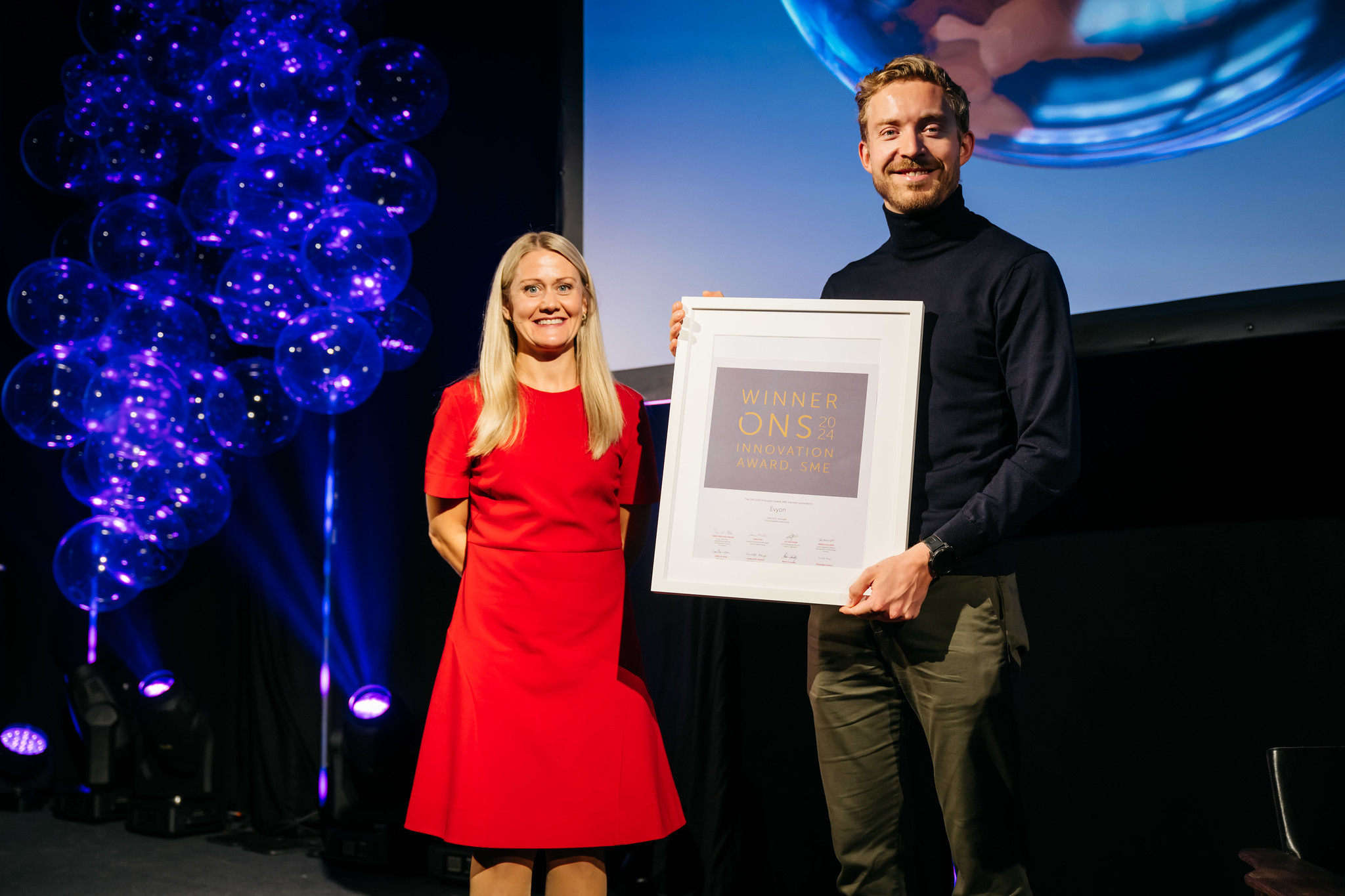News
Minerals and metals - on Land or at Sea?
Where do we obtain the minerals and raw materials for the energy transition? At ONS, we will hear from the Head of Minerals at the world’s second-largest mining company, Rio Tinto, alongside researchers, authorities, and the seabed minerals company Adepth.
.png)
As we move towards more renewable energy, but also increased use of minerals in other industries, demand has risen worldwide. Traditional mining often cannot meet this demand, and the environmental challenges are significant. But are seabed minerals the solution?
Through several sessions and from various perspectives, the arguments for and against will be discussed at ONS.
"It is important for us to put minerals and raw materials on the agenda because we know they will play a crucial role in the energy transition we are undergoing. Where do we extract them, how, and most importantly, can we become better at recycling the minerals and materials we already have? Our hope is to have a fact-based discussion so that we can take a step further towards a zero-emission future," says Inger Lise Rettedal, Programme Director at ONS.
Where Do the Materials Come From?
Sinead Kaufman, Head of Minerals at Rio Tinto, one of the world’s largest mining companies with activities globally, will be attending ONS. They extract and produce, among other things, lithium, iron, copper, and various other minerals used in the energy industry and our everyday lives. Kaufman will participate in a discussion with Jason Bordoff from Columbia, moderated by Ed Conway. Conway is the economics editor at Sky News and the author of the book A Material World.
Also attending ONS is Olivia Lazard, an expert on environmental peace, who will teach us more about supply chains, the countries that control them, and how global actors are changing. She advocates for reducing resource competition and avoiding the same mistakes that led to the climate crisis.
"We are incredibly proud to present these exciting names at ONS. They collectively provide a good status and insight into how the value chains are today and where the potential lies. Both in terms of extraction, but not least in terms of climate benefits and environmental challenges," adds Rettedal.
Norway’s Role
Norway made history in January 2023 by becoming the first country to approve the exploitation of the seabed, allowing mining companies to explore 281,000 square kilometres of its waters – an area nearly the size of Italy.
This decision has met with massive criticism from scientists, environmental organisations, and the European Parliament, which argue for an international moratorium on seabed mining until further notice.
Kjersti Dahle from the Shelf Directorate will share insights from the work on gathering knowledge and opening the Norwegian shelf for seabed mineral exploration. In the same session, Anette Broch Mathisen Tvedt from the seabed minerals company Adepth will also speak.

State of the world 2026: Leadership when outcomes widen
post

Apply for ONS Innovation Awards
post


